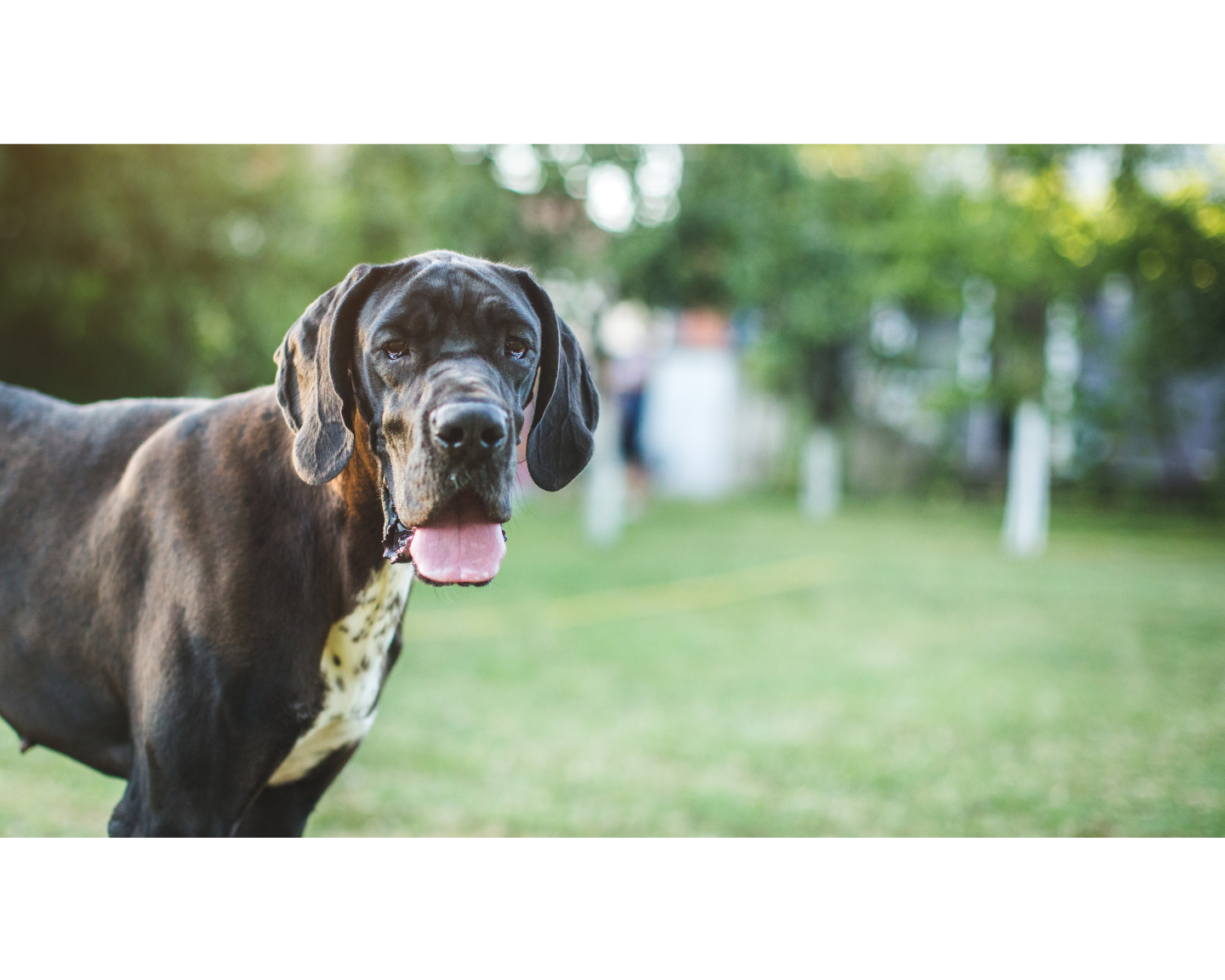

Healthy Habits That Save Money and Extend Your Big Dog’s Life
When it comes to caring for giant breed dogs, consistency isn’t just a buzzword—it’s a lifeline. Establishing healthy habits ensures your gentle giant’s well-being, helps prevent health issues, and reduces costly vet visits. Here’s how small changes can lead to a big impact for your dog.
Daily Low-Impact Exercise
Giant breeds need regular, joint-friendly exercise to stay fit and healthy. Unlike high-energy breeds, they thrive on low-impact activities like:
- Leisurely walks: Keep them moving without straining their joints.
- Swimming: A fantastic way to build strength and keep their bodies cool.
- Interactive play: Mental stimulation can be just as important as physical activity.
Sticking to a daily routine helps maintain their weight, supports joint health, and boosts their overall mood.
High-Quality, Portion-Controlled Meals
What you feed your dog is as important as how much you feed them. Overfeeding can lead to obesity, which puts added stress on their joints and organs. Key tips include:
- Focus on quality: Choose food that meets their nutritional needs, avoiding fillers and unnecessary carbs.
- Watch portions: Feeding the right amount for their size and activity level is critical.
- Consider supplements: Additions like glucosamine or omega-3s can provide extra support.
Consistent Joint Care
Giant breeds are prone to joint issues like arthritis and hip dysplasia. Proactive joint care is essential to keep them moving comfortably. Recommendations include:
- Joint supplements: Ingredients like glucosamine, chondroitin, and eggshell membrane can protect their hips and joints.
- Orthopedic bedding: Provide a supportive surface for rest and recovery.
- Routine check-ups: Early detection of joint problems can prevent costly treatments later.
Regular Vet Check-Ups
Routine veterinary visits are a cornerstone of preventative care. These check-ups help catch potential health issues before they become serious. Key benefits include:
- Early diagnosis: Identifying issues like heart disease or joint problems in the early stages.
- Customized care plans: Your vet can recommend diet, exercise, or medications tailored to your dog’s needs.
- Peace of mind: Knowing you’re on top of their health brings confidence and reduces unexpected expenses.
Monitoring Changes
Dogs can’t tell us when they feel unwell, so it’s up to us to observe changes in their behavior or movement. Keep an eye on:
- Appetite and weight: Sudden changes can signal health problems.
- Energy levels: Fatigue or reluctance to move may indicate discomfort.
- Movement: Watch for stiffness, limping, or difficulty getting up.
Healthy habits build a foundation for more, better years with your giant breed dog. By committing to consistent care, you’re not just improving their quality of life—you’re also saving money in the long run. Start small, stay consistent, and watch those efforts pay off in a healthier, happier gentle giant who’s by your side for years to come.
